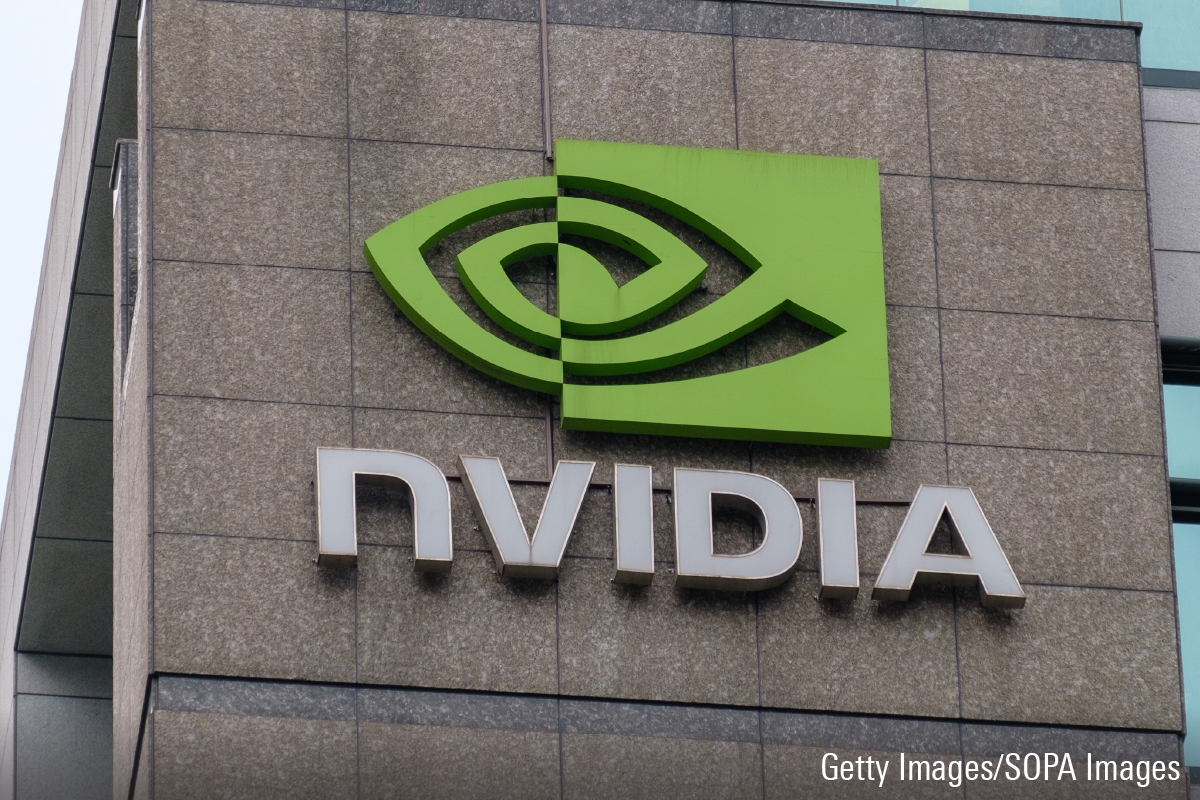Kate Lin: Welcome to Morningstar. Taiwan's TSMC (2330, TSM) announced its fourth quarter results, which is in line with Morningstar's expectations. While we are likely to move to a chip oversupply scenario, the capital expenditure outlook addressed in TSMC's announcement caught the market's attention. Our analyst, Phelix Lee, is here to share with us his take on the wide moat foundry.
Hi, Phelix.
Phelix Lee: Hi, Kate.
Lin: Could you tell us some of the highlights in TSMC's earnings announcement?
Lee: Sure. So, while TSMC's historical 4Q numbers are more or less in line with our expectations, the surprise comes in the forward guidance that the company has been giving for the full year of 2022. To be precise, all of the revenue, gross margin and capital expenditure outlook is stronger than what we had expected three months ago. In particular, I'd like to highlight the capital expenditure budget, which has gone up from US$30 billion last year to at least US$40 billion in 2022. So, these are the signals that TSMC is facing a stronger than expected semiconductor demand at least from their side alone.
Lin: So, for a while now we have faced a global chip shortage. What do you think of TSMC's position in the current supply/demand scenario?
Lee: So, we expect the semiconductor shortage to last at least for the entire 2022. Then the situation may change sometime in 2023 and move into an oversupply in 2024. That said, we believe that TSMC is well-positioned than its peers to protect its revenue and its margins in case an oversupply occurs.
Lin: Right. So, lastly, how do you factor in all these developments into your fair value estimate for TSMC?
Lee: We are factoring a higher revenue CAGR. We have raised the revenue CAGR for the next five years by about 2 percentage points. This is factoring in incremental demand from the high-performance computing systems, especially given that we are observing internet giants both in China and in the U.S. are designing their computing chips in-house instead of going to Intel for all of its products. So, this part is the incremental demand for TSMC. And the other aspect of the incremental sales is that we are seeing autonomous driving to become more of a likelihood by 2025 and 2026. And given that automakers take three to four years to plan their capacity and product roadmap in advance, we think it is the right time for TSMC to increase its capital expenditure budget.
Lin: Awesome. Thank you so much for your time, Phelix. For Morningstar, I'm Kate Lin.









.png)



.jpg)





